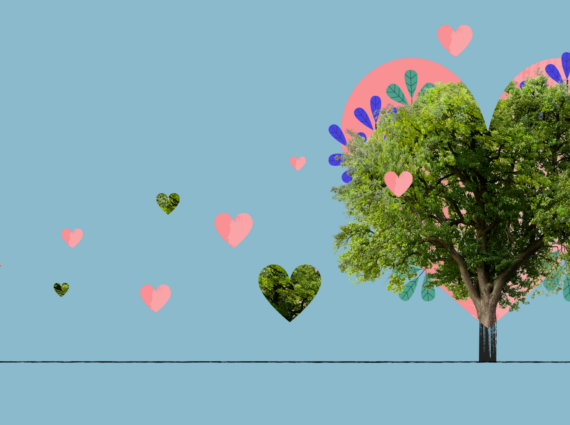As the saying goes: there is no sincerer love than the love of food. Food gives us energy and boosts our mood. Sharing meals helps us bond with our loved ones. While traveling,, local cuisine allows us to soak deeper into the culture. At the same time, , while in the city, we do our grocery shopping practically on every corner – also spontaneously. Every day we can get products from all over the globe in our local stores. Dishes from your favourite diner are just a phone call away. So has the love of food become our daily bread?
The statistical facts regarding our food consumption can be hard to digest. Every year around the world about 1.3 billion tons of tasty, fresh food products end up in the rubbish bin. The situation in Poland is also worrying: we’re talking about 9 million tons of discarded food per year. According to Eurostat: 5% of this sum is food wasted at the processing stage. 11% gets dumped during production and 19% gets wasted during the sale. More than half of it, 53%, is wasted in households. You can see now, how important our daily habits are!
Do you feel that people are already over the line? Then… good! Being aware of the problem is important. It will give you a better perspective of how much you can gain by eating your food instead of throwing it away. Let’s start with finances. Statistically, a household can save up to 3000 PLN per year! Now that’s a nice, round figure.
Reducing food waste also means saving resources – land, water, energy, and fuel, among others. All of them are needed to produce our food. For example, one less cheese sandwich – the one you wouldn’t eat anyway – means saving as much as 90 litres of water that was needed to produce the ingredients. A kilogram of beef, which you freeze for later, means as much as 10 to 30 thousand litres of saved water. Careful water management is especially important as we are already facing drought and desertification in Poland.
Thoughtful food management has thus an important impact on climate protection. Currently, 8% of annual global greenhouse gas emissions are related to food waste. In Poland, this balance is estimated at 16.5 million tons of CO2 emitted into the atmosphere annually – this accounts for more than half of the emissions produced by agriculture in our country. If we reduce even 1/3 of the food we throw away for a start, we will reduce millions of tons of carbon dioxide emissions! That’s a significant difference!
Here are some tips that are worth putting into practice:
- Buy less, but more often
This is the easiest way to make sure your food ends up on your plate – not in the rubbish. This way you won’t forget about this half of tomato in your fridge or one bread roll. Your meals will always be fresh too!
- Prepare a shopping list
The benefits of a shopping list are endless. You buy what you need. In quantities you can eat with taste. The list allows you to control your purchases and limit spontaneous reaching for what you don’t actually need!
- Check those “best before” dates
Remember that the phrase “best before” refers to the minimum shelf life date – not the final one. After this date, food will still be good to eat, although the texture or smell may change. Flours, pasta, sugar, coffee, or tea – you don’t have to throw them away the same day their shelf life has expired!
There are of course many more ways not to waste food. If you are just starting to think about it – start with small steps and soon enough you will develop good habits. This way the changes will be permanent! Stay with TerGo – taking care of the environment will be even easier.





